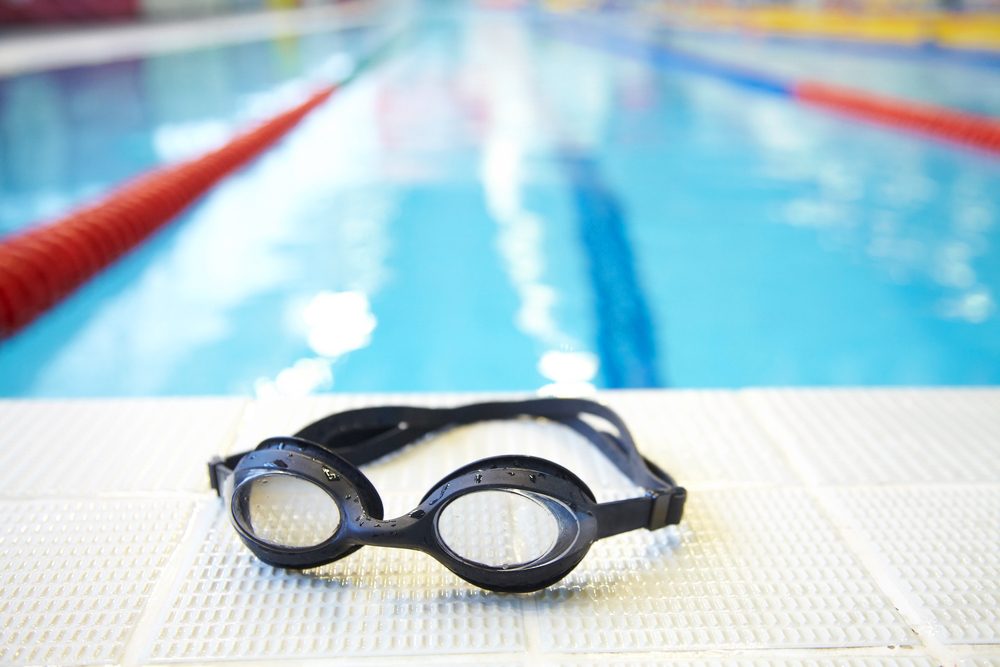Contents:
- Medical Video: Why You Should Enroll Your Child with Asthma in Swimming Classes
- Why swimming for asthma is highly recommended?
- The benefits of regular swimming for people with asthma
- Although safe and useful, there is still a risk of swimming for asthma
- If asthma sufferers want to swim regularly, this should be considered
Medical Video: Why You Should Enroll Your Child with Asthma in Swimming Classes
Swimming is one sport that is often recommended and can be done by people with asthma. Asthma is characterized by inflammation and narrowing of the respiratory tract so that it will cause tightness or difficulty breathing in the sufferer. Symptoms include coughing, tightness or wheezing. Therefore, asthmatics must choose the right exercise for their condition. One sport that is highly recommended for people with asthma is swimming. Come on, see what are the benefits of swimming for asthma.
Why swimming for asthma is highly recommended?
Since long time ago, swimming was a sport that is recommended for people with asthma, this is because swimming does not stimulate recurrence of asthma more than other sports.
This can be caused by high humidity around the pool. Therefore, the respiratory tract of asthmatics will not become too dry, causing irritation.
A flat body position (not perpendicular) when swimming also has a positive effect on the respiratory tract of asthmatics. Compared to other sports, this position of the body will make the respiratory tract more relaxed. Because, your body does not need to support too much pressure as if you were standing. In the pool, some of your body's weight will be supported by water.
The benefits of regular swimming for people with asthma
Swimming for asthma is indeed safer than other types of sports such as marathons. In addition, swimming is also often recommended for people with asthma to maintain lung function.
Some studies also reveal that asthma symptoms can be reduced in asthma patients who routinely exercise swimming compared to asthma patients who do not swim.
In addition, many asthma sufferers are afraid to exercise. For example because of fear of fatigue and fear of recurrent asthma attacks. Well, swimming can be a solution for asthma sufferers to remain active in moving and exercising. Because the lack of exercise can also make the physical condition of people with asthma more susceptible to diseases and asthma attacks.
Although safe and useful, there is still a risk of swimming for asthma
Swimming alone is safe for people with asthma. However, there is a dangerous content in the pool that you should be aware of. Several recent studies have revealed that high chlorine levels found in swimming pools can have an irritating effect on the respiratory tract.
Chlorine is a germ-killing compound, bacteria, and feces that are often used for swimming pools. When we swim, a small amount of chlorine can be sucked into the respiratory tract. This can cause irritation, especially in people with asthma.
Inhaled chlorine may also cause the swimmer's respiratory tract to be more sensitive to allergens, which are triggers of allergic asthma attacks. What's more, it has been known that chlorine exposure to babies can also cause asthma. Because the baby has lungs that are still developing and not perfect, so it is very sensitive to chemicals that can cause irritation such as chlorine.
This is why there is still a risk of swimming for asthma. However, keep in mind that the side effects caused by chlorine may not be as big as the side effects that occur when asthmatics do not exercise at all. After all, the body of each person with asthma is different. There are people whose respiratory tract is not too sensitive to chlorine, but some are very sensitive.
If asthma sufferers want to swim regularly, this should be considered
Unfortunately, chlorine is a chemical that is often used as a disinfectant or bacterial killer. This is because chlorine can react with water, forming hypochlorous acid, a compound that can kill bacteria and microorganisms by destroying walls and enzymes from bacteria.
Therefore, it's good for people with asthma to always maintain cleanliness in the pool. You should also choose a swimming pool with chlorine levels that are not too high. This is so you can maintain the health of the respiratory tract and avoid allergens.
Also make sure after swimming you immediately clean yourself, shower with running water and soap. Don't relax too long on the edge of the pool still in your swimsuit. If you have finished swimming, immediately take a shower and change clothes.













